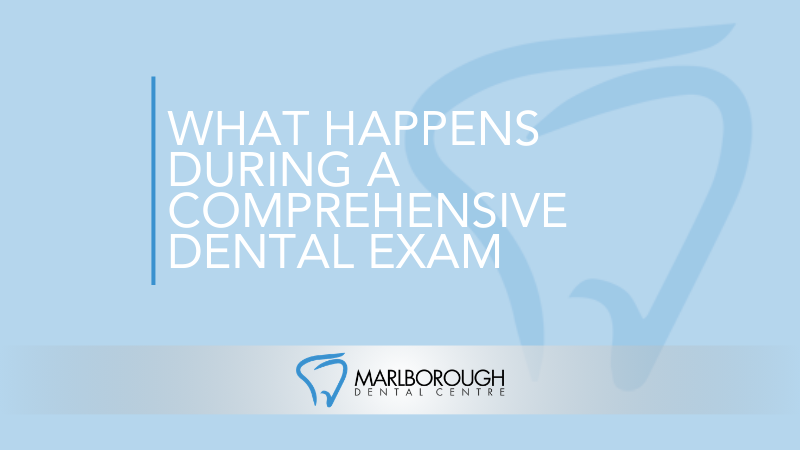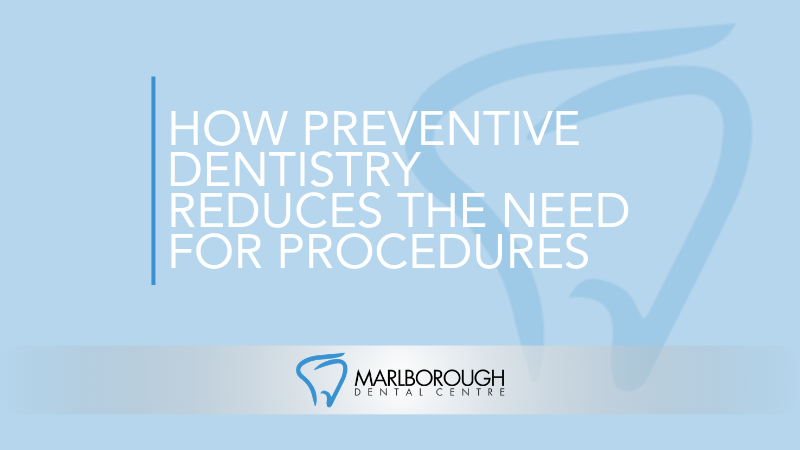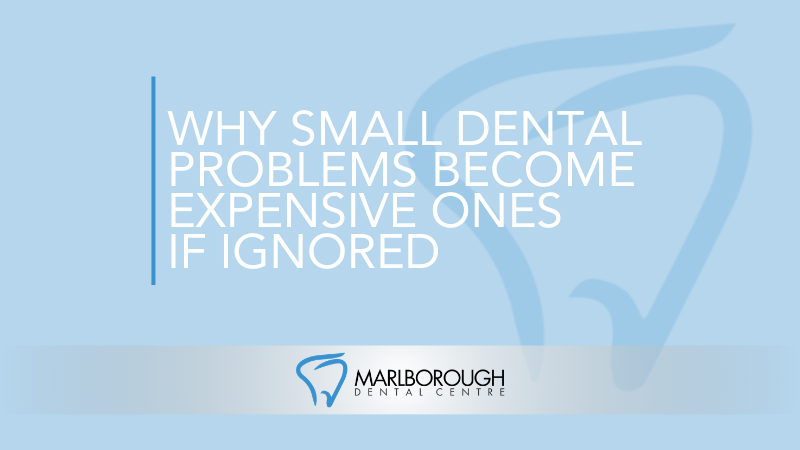What To Do For Different Dental Emergencies
Toothaches. First, wash your mouth out with water and floss any dislodged food out from between your teeth. Look to see if the painful area or the surrounding gum and cheek are swollen. Use a cold compress on the outside of the mouth on the afflicted area and call a dentist.
Broken/Chipped Tooth. Save any pieces of the tooth that you can. Rinse your mouth and separately rinse the pieces you have collected. If your gum is bleeding, press clean gauze to it until the bleeding stops. To reduce pain and swelling, hold a cold compress to the outside of the mouth or sore area.
Knocked-Out Tooth. If you can, try to find and collect the tooth. Hold it by the crown (the part of the tooth that is usually exposed) and rinse it off, but do not scrub off any tissue that remains connected to the root. It is very important that you do not touch the root of the tooth. After it is rinsed, try to put it back in the socket facing the right way. Hold the tooth in place using your finger or by gently biting down. If you were unable to put the tooth back in the socket, make sure you keep it moist by putting it in milk, in your mouth (preferably against your cheek or somewhere you won’t accidentally swallow it), or in a tooth preservation kit if one is available. Go to your dentist immediately, as the faster the tooth is replaced, the more likely it is to be saved. You can also call your dentist to get specific advice on how to store the tooth until you can get to the clinic.
Dislodged Tooth. Hold a cold compress to the outside of the mouth and take a painkiller if needed. Visit your dentist immediately. If the root is exposed, do not touch it.
An Item Is Stuck Between Your Teeth. Try to dislodge the item with dental floss. If the item will not dislodge, go to the dentist. Do not use a sharp object such as a pin to try to scrape the object out as you may damage the gums and scratch the tooth.
Missing Crown. Schedule an appointment with your dentist right away. Keep the crown, put dental cement, toothpaste, or denture adhesive on the inside of it, and place it back onto the tooth. If the tooth is causing pain, put a dab of clove oil on it.
Missing Filling. Try to see your dentist as soon as possible. In the meantime, fill the cavity with over the counter dental cement or sugar-free gum. Do not use sugar gum, as this will lead to tooth damage.
Broken Braces. If a wire is sticking out, either from a broken bracket or a broken wire, try to push the wire into a more comfortable position using a pencil eraser. Cover the end of the wire or otherwise sharp sections with orthodontics wax or a piece of gauze. If a bracket has broken off, try to reposition it using dental wax. Contact your orthodontist to fix any broken braces and related issues. DO NOT cut any wire sticking out, as you could easily cut your cheek or tongue, or you can swallow or inhale the wire which can cause damage to the lungs or stomach.
Abscess. If you notice a painful pimple-like swelling near the gum, call your dentist immediately. To help draw the puss in the infection towards the surface and to help ease pain, rinse the mouth with mild salt water several times a day.
Soft Tissue Injury. This can include injuries to the tongue, cheek, lips, or gums. If any of these areas are bleeding, rinse your mouth with a mild salt water solution and then place moistened gauze to the afflicted area and apply pressure. Hold a cold compress to the outside of the injured area to help with pain. If the bleeding doesn’t stop after 10-15 minutes, either immediately visit your dentist or go to the emergency room of the hospital.
Have Your Dental Emergencies Quickly Resolved In Calgary
If you need emergency dentistry, come to Marlborough Dental immediately. The sooner you have your dental emergency treated, the better chance you have of healing and saving your natural tooth. At Marlborough Dental, our Calgary dentists and staff go out of their way to get you a quick appointment when you suffer from an unexpected dental injury. We are open on evenings and weekends and you can come to the clinic even if your dental emergency happens outside of regular clinic hours. Our first priority is the safety and comfort of our clients. If you are in need of emergency dentistry in Calgary, call us at 1-403-248-2066 or come directly to the clinic at 1141-3800 Memorial Drive NE, Calgary, AB.
FAQ
Q: Are dental emergencies covered by insurance?
A: Yes. While Alberta Health does not cover other types of dental services for those over 18, dental emergencies are covered.
Q: How do I know if my toothache is a dental emergency?
A: Mild toothaches typically don’t need emergency dental services, but if your toothache has lasted for 2 days or more and is causing you large amounts of pain then it is considered an emergency and you should visit a Calgary dentist right away.
If your tooth pain is combined with other symptoms such as swelling, pus, a foul taste in your mouth, high fever, or a general feeling of sickness, visit the ER as you may have an oral infection that has spread throughout your body.
Q: What constitutes a dental emergency?
A: If you’re experiencing intense pain, swelling, bleeding that doesn’t stop after about 10 minutes, excretion of puss, or if your teeth are loosened, cracked, chipped, or knocked out, it is considered a dental emergency. If you’re unsure if you need emergency dentistry or if it is something you will need an appointment for, ask Marlborough Dental in Calgary by calling us at 1-403-248-2066. If it is not an emergency and you wish to book an appointment, fill out the contact form here.




